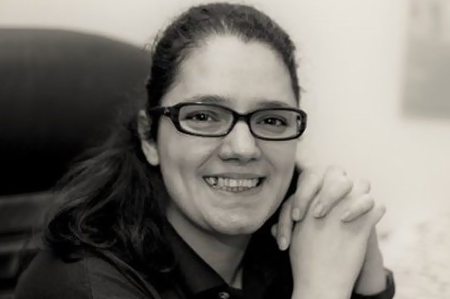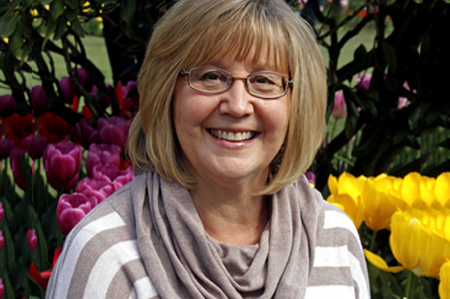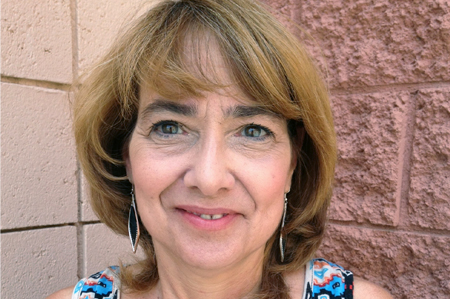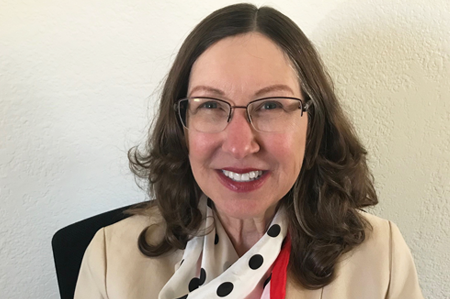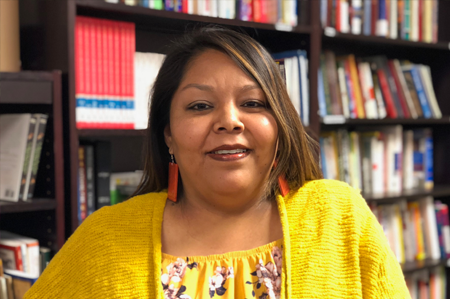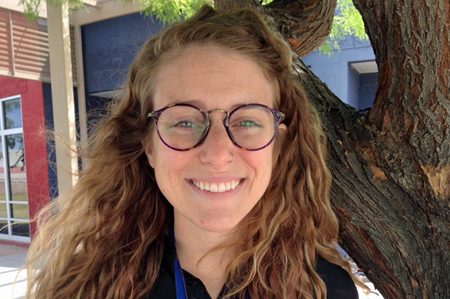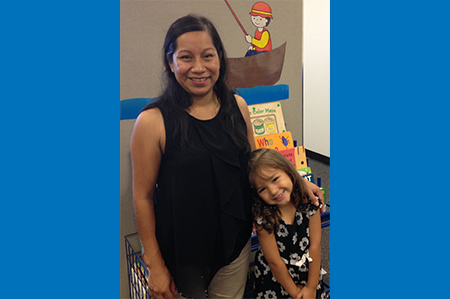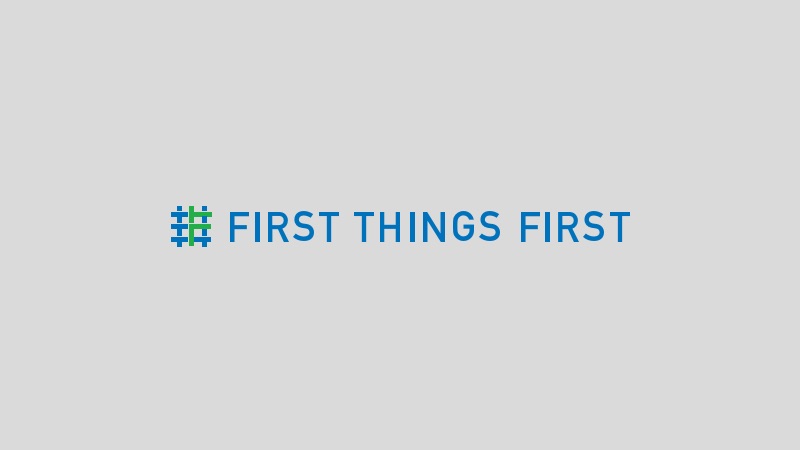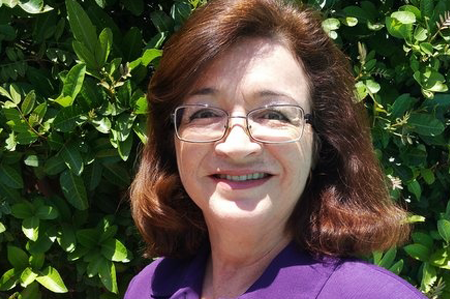
Angelica Rodriguez has been selected as the 2018 Phoenix North First Things First Champion for Young Children.
The award is given to local champions who actively volunteer their time to raise public awareness of the importance of early childhood development and health. Champions spend a significant amount of time volunteering with FTF and building public awareness about the importance of early childhood issues.
Rodriguez engaged in awareness-raising efforts such as:
- Distributing family guides at her parenting programs so families are aware and have access to other essential services.
- Giving out FTF-sponsored children’s books and bookmarks with the brain development information during the early literacy component to her parenting program.
- Providing FTF information cards to parents that reinforce the idea of reading, talking singing with their child every day, along with playbooks that talk about how children learn through play.
- Signing up families to receive the FTF E-newsletter so that they can receive monthly tips about early childhood development and health and broaden their awareness about First Things First.
We recently caught up with Rodriguez, who is a parent educator with Arizona Learning Institute.
Question: Why do you feel early childhood development and health is so important?
Answer: My experiences of having worked in many poverty areas of Latin America, Chicago and in the Northwest and Southwest USA, allowed me to see the joy of parents becoming aware and learning early childhood developmental skills to improve their children’s health and education. It is heartbreaking to see children at an older age struggling with unidentified needs that should have been met from birth to age 5. Healthy child development is dependent on the direct interaction between parents, caregivers and children through positive interactions and often with guided play.
Many parents, from both poverty and affluent areas, do not realize that they are the most important and first teacher of their child (children). Many still think learning does not begin until their child enters school. Many of these same parents without support, do not realize they have the power to enhance their child’s potential or limit it with no knowledge of interventions or enrichments.
A child’s tantrums and tears can be turned into to smiles and grins when parents are offered appropriate tools, knowledge, networking, and support to understand and implement activities used to strengthen developmental/sensory needs. Often a parent does not realize that a child’s tantrum or lack of speech may be related to a sensory problem. Changing parent behaviors from not bonding, not talking, or yelling and hitting are essential for them to discover their child’s needs. As parents understand the use of guided play in building a child’s skills in the developmental domains of Verbal, Conceptual, Motor, Emotional, Psychological, and Imaginal, their learning capacities can begin to soar.
When parents of young children are armed with knowledge through screenings, instructional workshops, events and activities what an impact they can make on their children’s health and education! I am convinced by researchers and experience that most effectively it takes a whole community to raise one child. I am thankful to be in a profession that allows me to be a part of the early childhood community.
Question: How do you suggest other people in your community get involved?
Answer: People need opportunities to be involved and participate in a meaningful way. First Things First with its partners is a marvelous bridge to engage the community. Each one of us should be responsible for caring about strengthening our community. The future of our society is in the success of our children. First Things First’s emphasis on developing the Strengthening Families Model has exceptional merit toward growing stronger and more prosperous children.
Families cannot live in isolation. It has been my experience that involvement comes in the form of collaboration between stakeholders from all lifestyles. The most successful programs I have been involved in have been those that come from the ground up not from the top down. Programs that emphasize developing leadership and empowerment within those that we are going to serve are the most successful. Empowerment is a primary ingredient of success.
Having financial resources, for example, First Things First support of families’ needs demands community empowerment, including parents participating in planning activities, developing volunteerism, fundraising, and implementing supportive family activities. When communities offer volunteer activities with well-trained facilitators targeting the development of the Protective and Promotive Factors Model, families can strengthen and reinforce significant needs in resilience, social connections, knowledge of children’s development, concrete support in times of need, plus cognitive and social-emotional competence. This framework is based on developing collaboration between the many community members that include the parents, children, other caretakers, interested community activists, faith-based, business, education, health and others interested in developing stronger communities with successful children.


